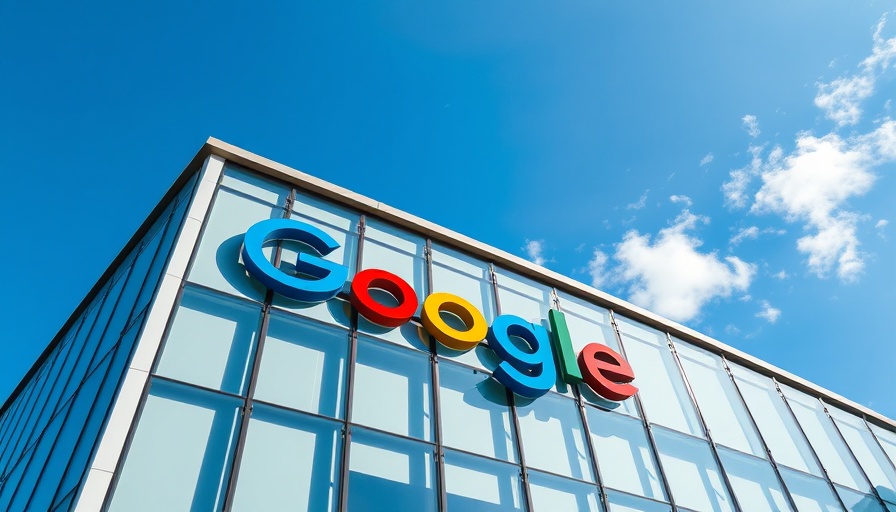
Antitrust Probes: A New Chapter in Google’s Corporate Saga
The ongoing investigation into Google's business practices has reached a critical juncture as the US Department of Justice (DOJ) continues to advocate for the divestiture of its web browser Chrome. This proposal marks a pivotal moment in the decades-long scrutiny of Google's market dominance and potential anticompetitive behavior. Unlike previous antitrust actions, this one spans multiple administrations, reflecting the bipartisan concern over monopolistic practices in the tech industry.
A Shift in Focus: Chrome vs. AI Investments
Initially, the DOJ sought to force Google to divest all of its investments in artificial intelligence (AI). However, in a surprising turn, the DOJ has adjusted its stance, allowing Google to maintain its substantial AI investments. Google has invested heavily in companies like Anthropic, which develops advanced AI technologies like the Claude chatbot. By permitting Google to keep these investments, the DOJ recognizes the potential risks of disrupting the rapidly evolving AI landscape.
The Implications of Divesting Chrome
Divesting from Chrome is not just about selling a popular web browser; it's about dismantling a portion of what the DOJ calls an "economic goliath" that stifles competition. The DOJ's filing emphasized that Google's market control compromises consumer choice and innovation. Judge Amit Mehta's ruling found that Google's money-making methods, including lucrative agreements with device manufacturers and search engines, effectively marginalized competitors. Without these contracts, smaller firms struggle to compete, severely limiting market diversity.
Why This Could Be a Turning Point for Emerging Technologies
The decision not to pursue divestment of AI investments could have broad implications for future technological developments and regulations. As artificial intelligence continues to revolutionize industries from healthcare to finance, maintaining a competitive environment is crucial for fostering innovation and protecting consumers. However, critics warn that Google's unchecked power in the AI arena might lead to unforeseen consequences, as the DOJ monitors future investments and collaborations.
The Court's Role: Navigating Market Competitiveness
The upcoming court proceedings will be crucial in determining the ultimate fate of both Chrome and Google's capacity to thrive in the AI market. Legal experts speculate that Judge Mehta's ruling could either reinforce or significantly reshape the competitive landscape of the tech industry. Google's call for alternative measures, such as increasing flexibility in contracts with partners, suggests a willingness to adapt, yet it remains to be seen if these adjustments will satisfy regulatory requirements.
What This Means for Professionals in Tech-Driven Industries
Corporate decision-makers, particularly in tech-driven sectors, should closely follow the developments surrounding this antitrust case. The outcomes may dictate the direction in which industry standards evolve, impacting everything from partnerships to technological investments. By understanding the implications of these legal dynamics, professionals can strategize effectively to leverage emerging technologies, maintain competitive advantages, and navigate potential disruptions in their sectors.
Conclusion: Preparing for the Next Phase of Technological Transformation
As the case unfolds, tech professionals must remain vigilant and adaptable in light of the DOJ's evolving strategies. The ruling will likely set a precedent for how large tech firms operate within the competitive framework, shaping the future landscape of the industry. In this rapidly changing climate, businesses must prepare for possible policy transformations that could influence their operational strategies well into the future.
 Add Row
Add Row  Add
Add 



 Add Row
Add Row 


 Add
Add 

Write A Comment